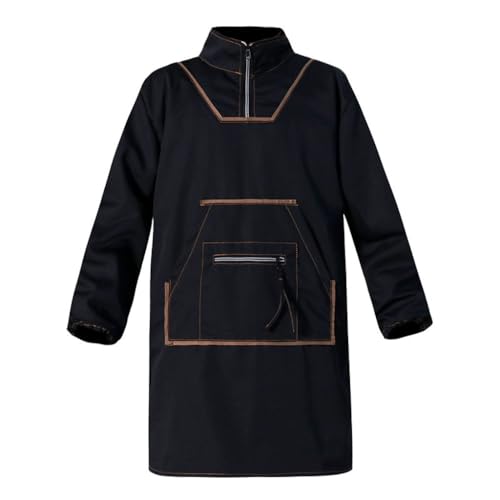

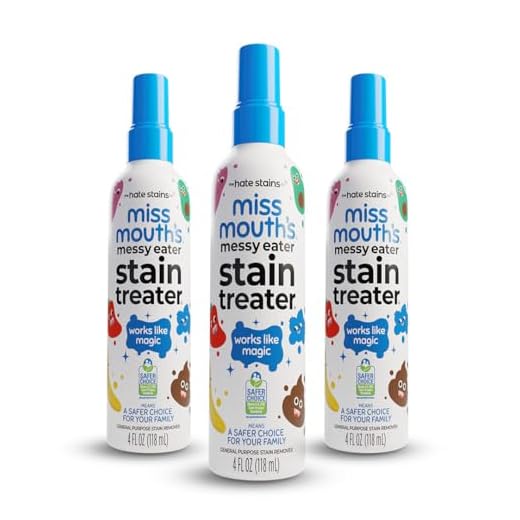
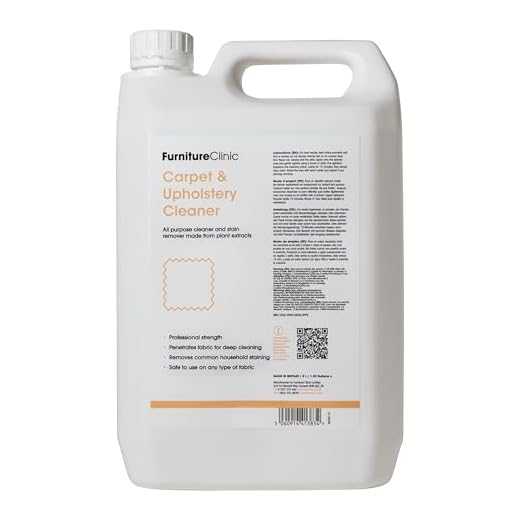

Chocolate stains can be a real headache, especially when they end up on your favorite clothes or upholstery. The rich and indulgent nature of chocolate makes it one of the most beloved treats around the world, but its sticky and greasy consistency can leave unsightly marks. However, fear not, as there are several effective ways to remove chocolate stains and save your garments from ruin. In this article, we will explore some tried and tested tips and tricks to help you tackle chocolate stains with ease.
First and foremost, when dealing with a chocolate stain, it is important to act quickly. The longer you wait, the harder it will be to remove the stain. Start by gently scraping off any excess chocolate with a spoon or dull knife. Be careful not to spread the stain further. Once you have removed as much chocolate as possible, blot the area with a clean cloth or paper towel to absorb any remaining liquid.
Next, before attempting any stain removal techniques, it is crucial to check the care label of the affected garment. Different fabrics and materials require different cleaning methods, and some may be more delicate than others. Always follow the manufacturer’s instructions to avoid damaging the fabric further. If the care label recommends dry cleaning only, it is best to take the item to a professional cleaner to ensure the stain is properly removed.
There are several household ingredients that can work wonders in removing chocolate stains. One effective method is to create a paste using white vinegar and baking soda. Mix equal parts of both ingredients to form a thick paste and apply it to the stain. Allow the paste to sit for a few minutes, then gently scrub the area with a soft-bristled brush. Rinse the fabric with cold water and repeat the process if necessary. The vinegar helps to break down the chocolate stain, while the baking soda acts as a gentle abrasive.
Another popular technique is to treat the stain with dishwashing liquid. Dilute a few drops of dishwashing liquid in a small bowl of warm water and apply the solution to the stained area. Gently blot the stain with a clean cloth or sponge, using a circular motion. Rinse the fabric with cold water to remove any soap residue. This method is particularly effective for removing chocolate stains from washable fabrics such as cotton or polyester.
In conclusion, chocolate stains may seem daunting, but with the right techniques, they can be successfully removed. Remember to act quickly, check the care label, and choose the appropriate stain removal method based on the fabric. Whether you opt for a homemade remedy or a store-bought stain remover, these tips and tricks will help you tackle chocolate stains effectively and keep your favorite clothes looking as good as new.
Understanding Chocolate Stains
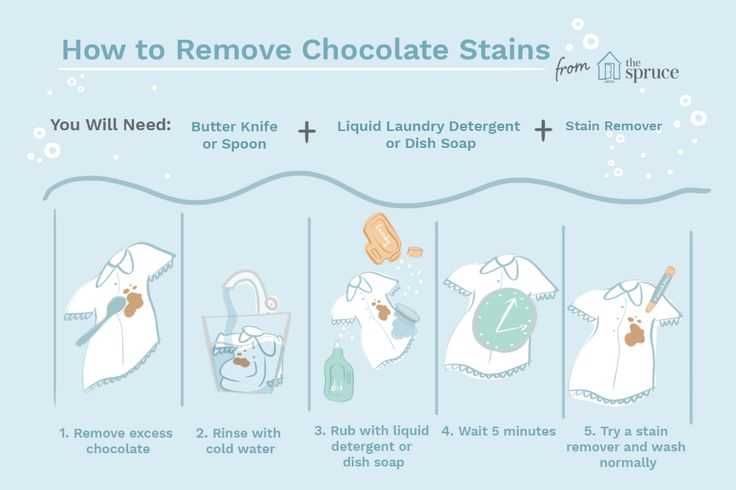
Chocolate stains can be frustrating to deal with, as they can leave behind stubborn marks on various surfaces. Understanding how chocolate stains work and what causes them can help you effectively remove them.
Composition of Chocolate:
- Chocolate is primarily made from cocoa solids, cocoa butter, and sugar.
- Cocoa solids contain natural oils, which can contribute to the staining properties of chocolate.
- Sugar, when mixed with cocoa solids and cocoa butter, can create a sticky residue that clings to surfaces.
Why Chocolate Stains:
- Chocolate can stain fabrics and clothing due to its composition.
- The oils present in cocoa solids can penetrate fabric fibers, making the stain difficult to remove.
- The stickiness of the sugar content in chocolate can cause it to adhere firmly to surfaces such as upholstery, carpets, and furniture.
Factors Affecting Chocolate Stains:
- Type of chocolate: Dark chocolate, milk chocolate, and white chocolate may have varying levels of oil and sugar content, which can affect the severity of the stain.
- Temperature: Cold chocolate stains may harden and become more difficult to remove, while warm chocolate stains may spread and penetrate deeper into the material.
- Type of surface: Different surfaces may require different stain removal techniques. For example, fabric may require a gentler approach compared to hard surfaces like countertops.
Preventing Chocolate Stains:
- Avoiding contact with chocolate altogether is the most effective way to prevent chocolate stains.
- When consuming chocolate, be mindful of your surroundings and take precautions to prevent accidents or spills.
- Consider using napkins or protective clothing to minimize the chances of staining.
Conclusion:
Understanding the composition and behavior of chocolate stains can help you successfully tackle them. By knowing what factors can affect the severity of the stain and taking preventive measures, you can minimize the frustration of dealing with chocolate stains.
What Makes Chocolate Stains Difficult to Remove
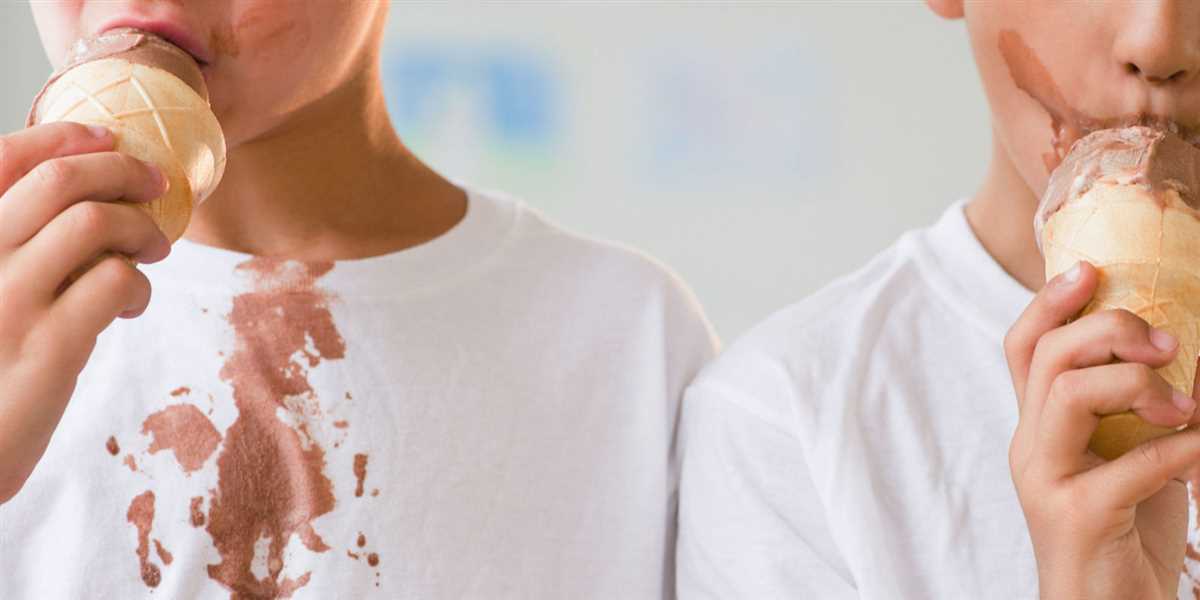
Chocolate stains can be quite stubborn and challenging to remove. Here are a few factors that contribute to the difficulty of getting chocolate stains out:
- Composition of Chocolate: Chocolate contains a combination of fat, sugar, and cocoa solids, making it a complex substance to deal with when it comes to stain removal. The fat content in chocolate can penetrate fabric fibers, causing the stain to set.
- Temperature: Chocolate stains are often encountered when the chocolate is melted or in a liquid form. The warmth of the chocolate can cause the stain to soak deeper into the fabric, making it harder to remove.
- Color: The dark color of chocolate can make any stain more noticeable. It can also leave behind a dark residue on lighter fabrics, making it difficult to completely eliminate the stain.
When attempting to remove chocolate stains, it is important to tackle them as soon as possible. The longer the stain sits, the harder it will be to remove. Additionally, it is essential to consider the fabric type and follow the appropriate stain removal method to prevent damaging the material.
Now that we understand the challenges of removing chocolate stains, let’s explore some effective tips and tricks for tackling these stubborn marks.
The Risks of Not Treating Chocolate Stains Immediately
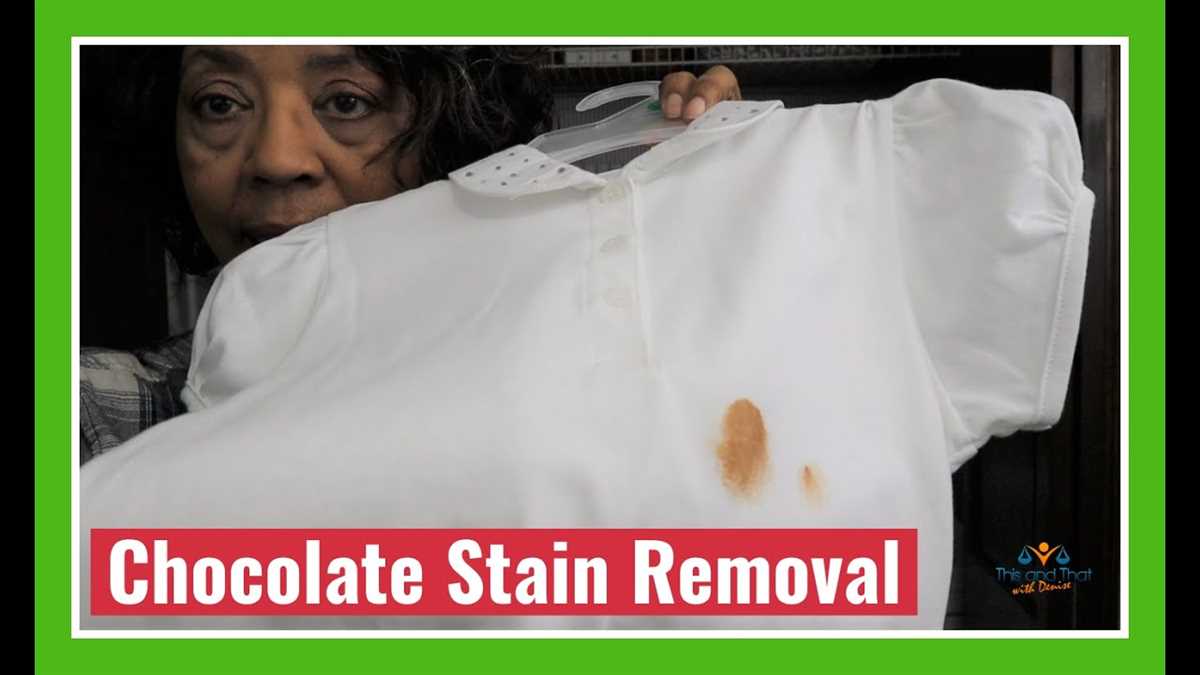
Chocolate stains may seem harmless and easy to ignore, but leaving them untreated can lead to various risks and consequences. It is important to address chocolate stains as soon as possible to avoid the following potential issues:
- Permanent Stains: If left for too long, chocolate stains can set and become more difficult to remove. This may result in permanent discoloration of the affected fabric or surface.
- Attracting Insects: Chocolate contains sugar, which can attract insects like ants and flies. Leaving chocolate stains untreated can create a breeding ground for pests, especially in warm and humid environments.
- Unpleasant Odor: Over time, chocolate stains can develop a foul smell, especially if they are exposed to heat or moisture. The smell can become quite unpleasant and may be challenging to eliminate.
- Mold and Mildew Growth: If chocolate stains are left in a damp or moist environment, they can become a breeding ground for mold and mildew. These fungi can cause health issues and further damage to the affected material.
- Staining Other Items: If you ignore chocolate stains on clothing or other fabrics, they can easily transfer onto other items. This can result in a chain reaction of stains and may require additional cleaning or replacement of affected items.
It is essential to take immediate action when dealing with chocolate stains to minimize the risks mentioned above. By following proper stain removal techniques and acting quickly, you can protect your belongings and maintain a clean and odor-free environment.
Preventing Chocolate Stains
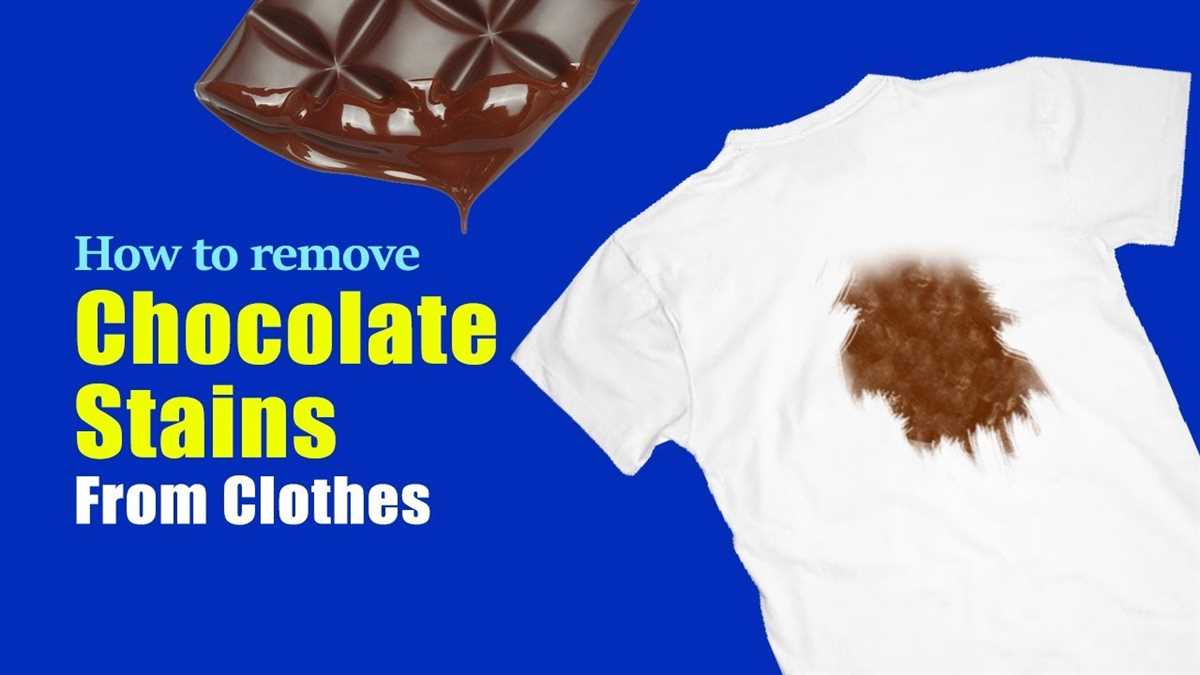
- Be mindful while eating chocolate to avoid spills and drips.
- Avoid placing chocolate directly on light-colored or delicate fabrics.
- If possible, eat chocolate over a plate or napkin to catch any potential drips.
- Consider using a napkin or tissue to wipe your hands and mouth while eating chocolate.
- Wear an apron or protective clothing if you are working with melted chocolate or baking with chocolate.
- Keep chocolate away from high-traffic areas or places where it is more likely to get accidentally spilled.
- Teach children to be careful while eating chocolate and to eat it in designated areas.
- Take immediate action if a chocolate stain occurs, as it can become more difficult to remove over time.
- Read the care instructions for your clothing and follow any specific recommendations for handling chocolate stains.
- Consider using stain-resistant fabrics or treating your clothing with a protective spray to prevent stains from setting.
Tips for Avoiding Chocolate Stains
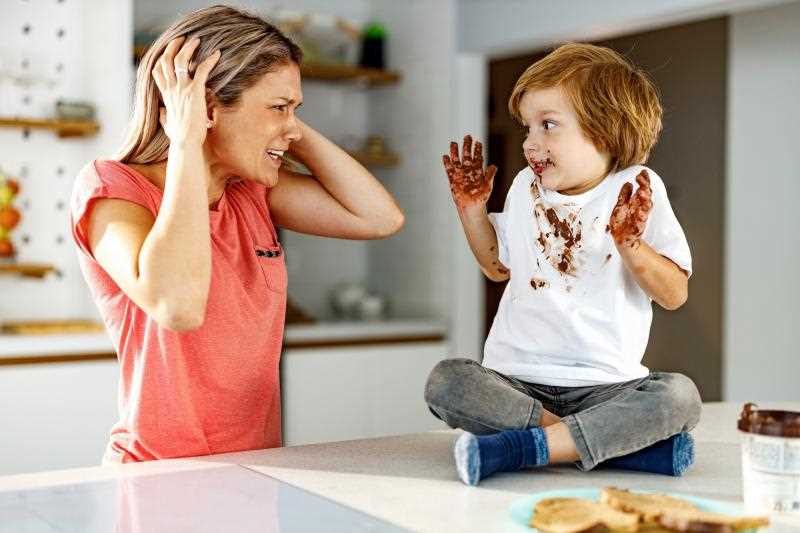
While it’s always best to be prepared for the possibility of a chocolate stain, following these tips can help you avoid getting chocolate on your clothes or upholstery in the first place:
- Be mindful when eating: Try to eat chocolate in a controlled manner to minimize the chances of it getting everywhere. Take smaller bites and chew carefully to prevent any mishaps.
- Avoid wearing light-colored clothes: Dark-colored clothing can help mask any potential chocolate stains that may occur. If you know you’ll be indulging in chocolate, it may be best to wear something dark or patterned.
- Use utensils: When eating chocolate, consider using utensils such as forks, spoons, or toothpicks to minimize direct contact with your hands and reduce the chances of accidental smears or spills.
- Keep napkins or wet wipes nearby: Having a napkin or wet wipe readily available can help you quickly clean up any chocolate smudges or spills before they have a chance to set and stain.
- Take precautions when sharing: If you’re sharing a chocolate treat with someone, be cautious about how you break off pieces. Avoid touching their portion directly to prevent any accidental transfer of chocolate onto their clothing.
- Protect surfaces: When enjoying chocolate at home, consider placing a napkin or a small cloth under the treat to catch any crumbs or drips. This will help protect your furniture or tablecloth.
By following these simple tips and being mindful while enjoying your favorite chocolate treats, you can reduce the likelihood of encountering chocolate stains and keep your clothes looking clean and stain-free.
Why Proper Storage of Chocolate is Important
Proper storage of chocolate is essential to maintain its quality and flavor. Improper storage can lead to the chocolate losing its texture, taste, and even becoming spoiled. Here are a few reasons why proper storage is important:
Prolongs Shelf Life

Storing chocolate in the right conditions can help prolong its shelf life. When exposed to heat or humidity, chocolate can melt, resulting in a soft and sticky texture. This can make it unappetizing and challenging to handle. By storing chocolate in a cool and dry place, it is less likely to melt and can be enjoyed for a more extended period.
Preserves Flavor
Proper storage prevents the chocolate from absorbing odors and flavors from the surrounding environment. Chocolate has the ability to absorb aromas easily, which can alter its taste. Storing it in an airtight container or wrapping it tightly can help preserve the natural flavor of the chocolate.
Maintains Texture
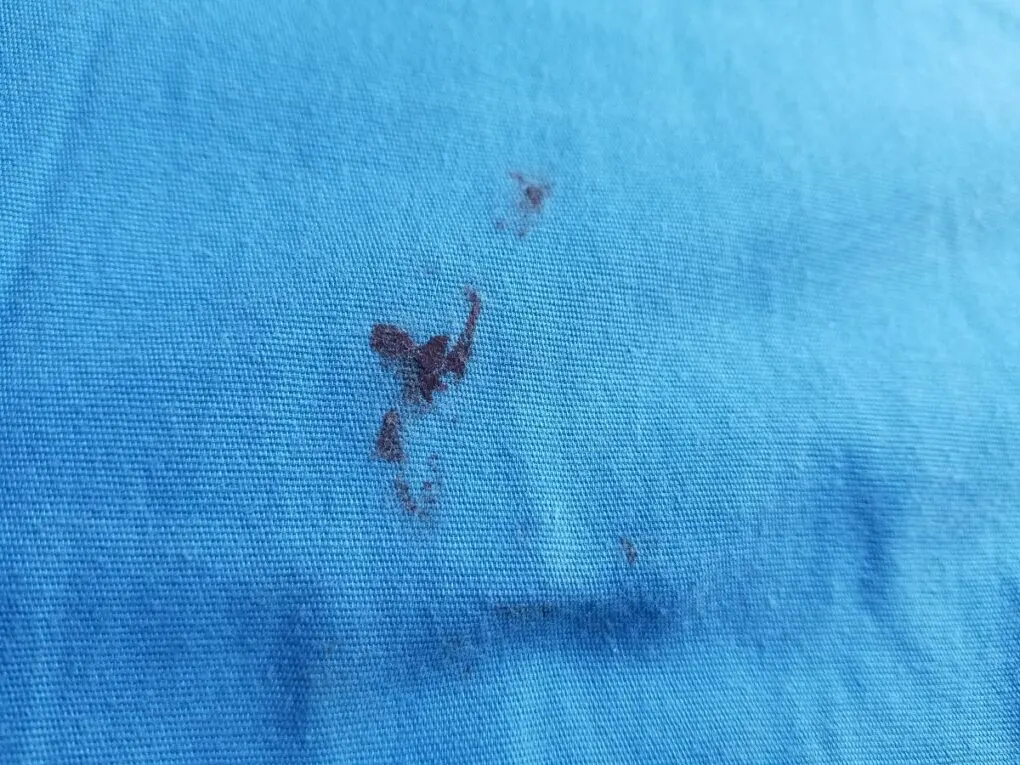
Humidity and temperature fluctuations can cause chocolate to develop a white or grayish layer called “bloom.” This is caused by the cocoa butter in the chocolate rising to the surface. While bloom does not affect the taste of the chocolate, it can change its appearance and texture. Proper storage in a cool and dry place can minimize the occurrence of bloom, ensuring the chocolate maintains its smooth and glossy texture.
Prevents Spoilage
Like any food product, chocolate can spoil if not stored correctly. High temperatures and exposure to moisture can create an environment where bacteria can grow and contaminate the chocolate. This can lead to the development of mold or other harmful microorganisms. By storing chocolate in a cool and dry place, the risk of spoilage is significantly reduced.
Conclusion
Properly storing chocolate is crucial for preserving its quality, flavor, and texture. By following the right storage guidelines, you can enjoy your favorite chocolate treats longer and ensure they taste just as delicious as the day you bought them.
Removing Chocolate Stains from Clothing
Chocolate stains on clothing can be particularly stubborn, but with the right techniques and products, you can effectively remove them. Here are some tips and tricks to remove chocolate stains from your clothes:
1. Scrape off the excess chocolate
Before treating the stain, make sure to remove any excess chocolate from the clothing. You can use a blunt knife or spoon to gently scrape off the chocolate without spreading it or pushing it further into the fabric.
2. Rinse with cold water
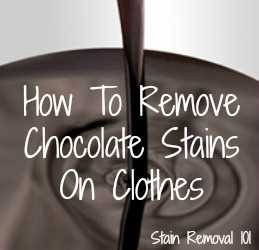
Hold the stained area under cold running water. Avoid using hot water as it can set the stain. The cold water will help to loosen the chocolate and prevent it from setting deeper into the fabric.
3. Treat with a stain remover
Apply a stain remover directly to the chocolate stain. You can use a commercial stain remover or make a homemade solution using dish soap and water. Gently rub the stain remover into the fabric using your fingers or a soft brush.
4. Let it sit
Allow the stain remover to sit on the fabric for 10-15 minutes. This will give it time to break down the chocolate stain and make it easier to remove.
5. Wash as usual
After the stain remover has had time to work, wash the clothing as you normally would. Use the appropriate water temperature and laundry detergent for the fabric. Check the care label on the clothing for specific washing instructions.
6. Check for any remaining stain
Before drying the clothing, check to see if the chocolate stain is completely removed. If there is still a stain present, repeat the above steps or consider trying a different stain remover.
7. Hang to dry
Avoid drying the clothing in a dryer until you are sure the stain is completely gone. Heat from the dryer can set the stain, making it more difficult to remove in the future. Hang the clothing to dry naturally instead.
8. Repeat if necessary
If the chocolate stain persists after following these steps, you may need to repeat the process or seek professional cleaning help. Some stains may require additional treatments to fully remove.
Remember, the sooner you can treat a chocolate stain, the better the chances of successfully removing it. Act quickly and follow these steps to keep your clothes looking clean and stain-free.
FAQ
What are some effective ways to remove chocolate stains?
There are several effective ways to remove chocolate stains. One method is to gently scrape off any excess chocolate from the fabric using a dull knife or spoon. Then, apply a small amount of liquid laundry detergent to the affected area and gently rub it in. Rinse the fabric under cold water, and if the stain remains, apply a stain remover and wash the fabric as usual. Another method is to create a mixture of vinegar and water, and dab it onto the stain with a clean cloth. Let it sit on the stain for a few minutes, then blot it with a clean cloth. Repeat the process until the stain is gone.
Can I use hot water to remove chocolate stains?
No, it is not recommended to use hot water to remove chocolate stains. Hot water can actually cause the protein in chocolate to coagulate, making the stain more difficult to remove. Instead, you should use cold water to rinse the fabric and treat the stain. Cold water will help to prevent the chocolate from setting into the fabric and make it easier to remove.
What should I do if the chocolate stain has set into the fabric?
If the chocolate stain has set into the fabric, it may be more difficult to remove. However, there are still a few things you can try. First, you can try applying a pre-wash stain remover or rubbing alcohol to the stain and letting it sit for a few minutes before washing the fabric. You can also try using a stain stick or gel, such as a laundry soap bar, and gently scrubbing the stain before washing. If the stain persists, you may need to take the fabric to a professional cleaner for further treatment.
Is it safe to use bleach to remove chocolate stains?
No, it is not safe to use bleach to remove chocolate stains. Bleach is a harsh chemical that can damage the fabric and cause it to deteriorate over time. Additionally, bleach may react with the proteins in chocolate and worsen the stain. It is best to avoid using bleach and opt for other stain removal methods that are safe for the fabric.
Can I use a hairdryer to remove chocolate stains?
No, using a hairdryer is not a recommended method for removing chocolate stains. The heat from the hairdryer can actually cause the stain to set into the fabric, making it more difficult to remove. It is best to avoid using heat on chocolate stains and instead focus on using cold water and stain removal products to treat the stain.
What is the best way to remove chocolate stains from clothing?
One effective way to remove chocolate stains from clothing is to first scrape off any excess chocolate with a spoon or butter knife. Then, rinse the back of the fabric with cold water to push the stain out from the front. Apply a mild detergent directly to the stain and gently rub it in. Let it sit for a few minutes before rinsing with cold water. If the stain persists, you can try using a stain remover or pre-treat the area with a mixture of vinegar and water. Finally, wash the clothing in the washing machine using the hottest water suitable for the fabric.
Can chocolate stains be removed from upholstery?
Yes, chocolate stains can be removed from upholstery. The first step is to remove any excess chocolate by gently scraping it off with a spoon or butter knife. Then, mix a solution of mild dish soap and cold water. Using a clean cloth, blot the stain with the solution, starting from the outer edge and working your way towards the center. Avoid rubbing the stain, as it can spread it further into the fabric. Continue blotting until the stain is no longer visible. Rinse the area with cold water and blot dry with a clean towel. If the stain persists, you may need to repeat the process or try a commercial upholstery cleaner.













